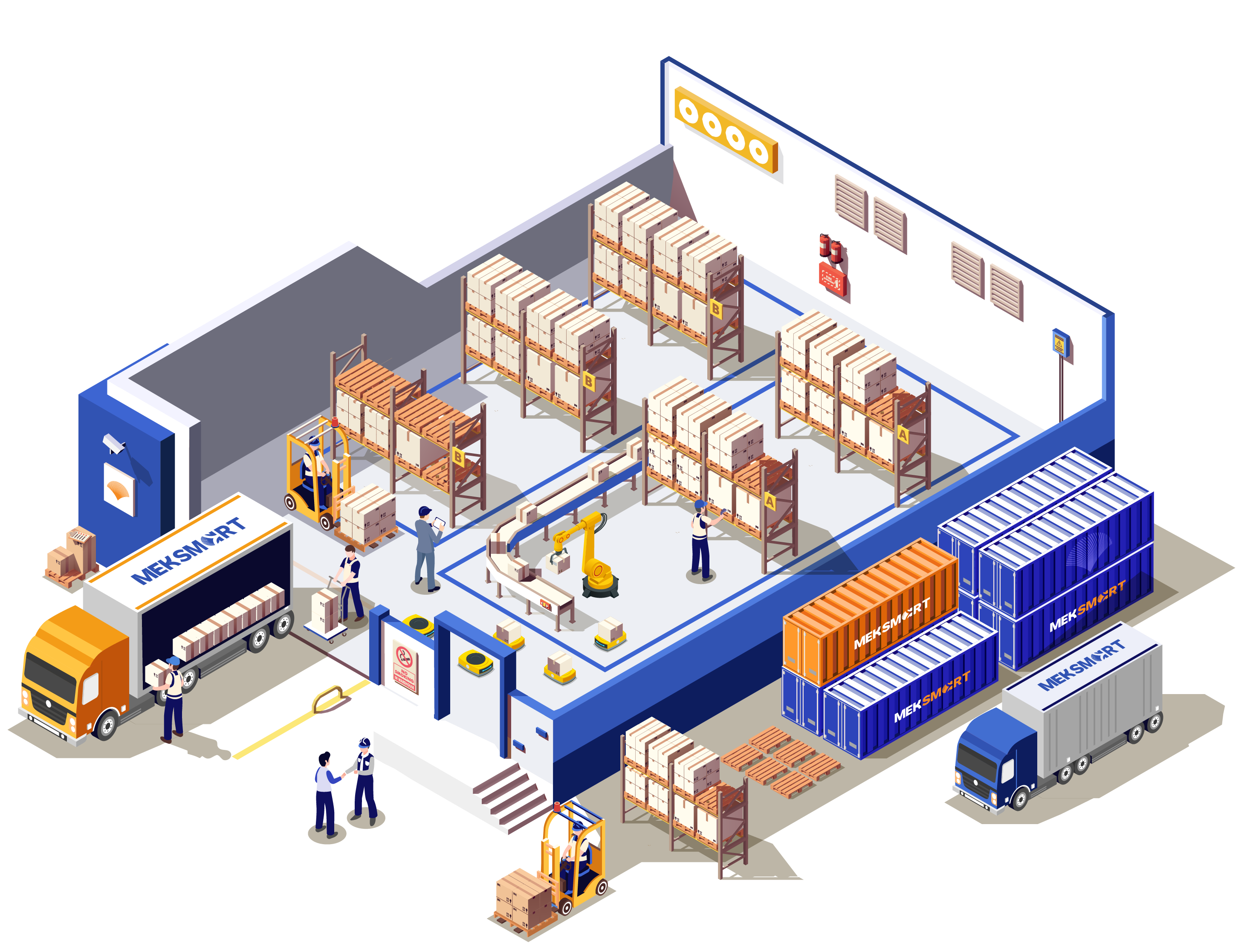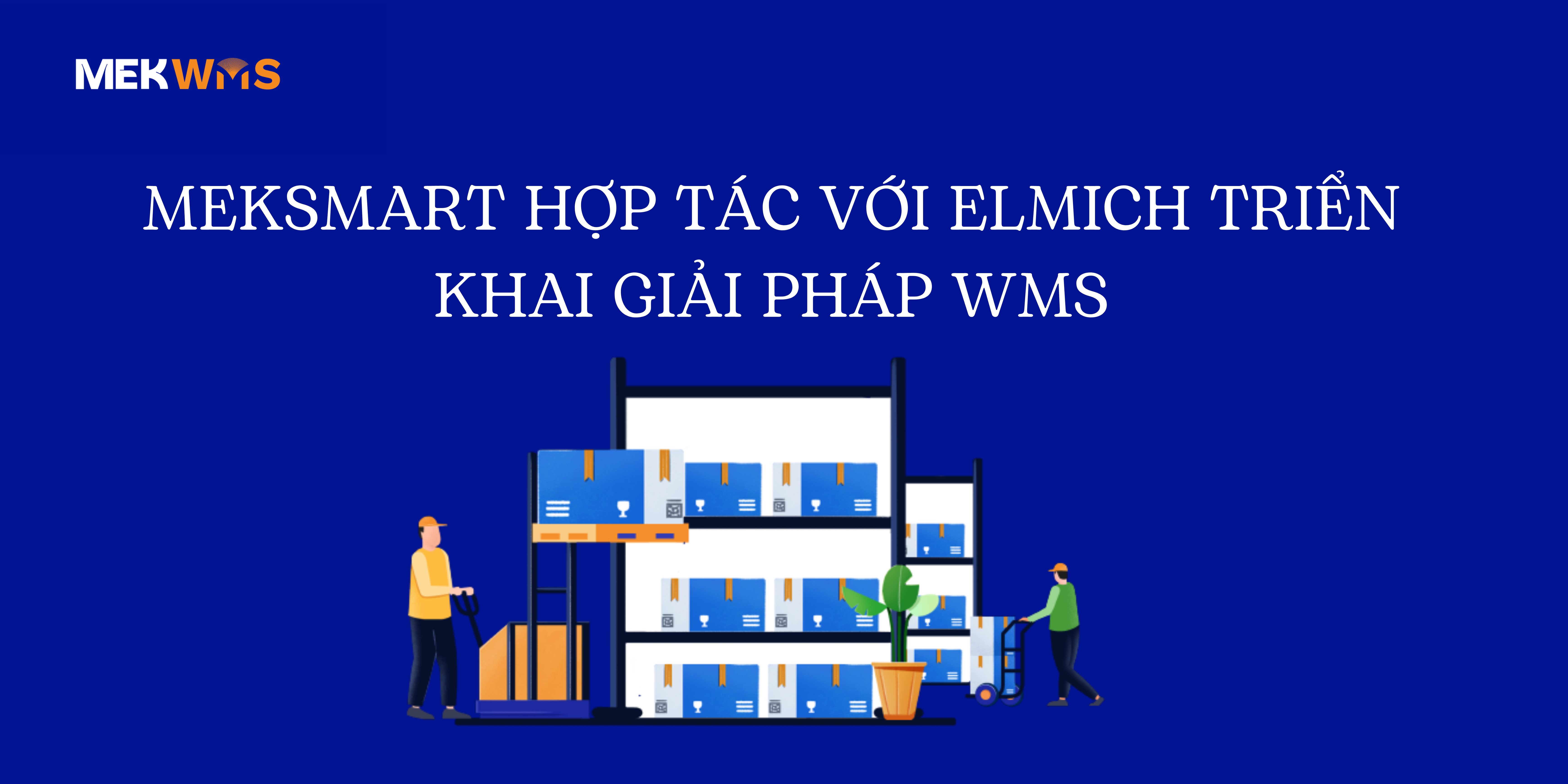MEKSMART
GENERAL NEWS
Author: TIÊN HUỲNH
Update: 04/01/2023
THE FUTURE OF THE TMS TRANSPORTATION MANAGEMENT SYSTEM
Transport Management System (TMS) has become a familiar concept for the logistics or supply chain businesses industry. But how will the future of the transportation management system (TMS) be portrayed? Let's find out in the following content.

The future of the Transportation Management System (TMS)
The rise of omnichannel commerce has boosted the demand for transportation management systems, as companies seek to serve increasing distribution channels.
To meet these needs, a TMS must be able to integrate well with e-commerce sites and be able to handle single-parcel delivery, as more and more consumers choose to abandon shopping in stores.
The home delivery trend has been accelerated by the COVID-19 pandemic, with more people working from home and reduced trips to the store.
Emerging technologies, such as the Internet of Things (IoT) and 5G mobile networks, are having a significant impact on SCM by improving visibility in the supply chain or the ability to receive timely data on goods at critical points in the chain.
IoT makes networking and sensors less expensive, which means it is possible to collect more data, increasingly in real-time and from smaller items, such as individual parcels.
These advances in networking have also made TMS available on smartphones and other mobile devices.
Meanwhile, artificial intelligence (AI) and machine learning supporting advanced analytics bring new diagnostic and predictive capabilities to TMS, such as optimized carrier selection and preventive maintenance, all aimed at continuous improvement of shipping operations.
3D graphics are becoming more common in visualization tools, such as load design support. According to Gartner, these new capabilities are often delivered via SaaS.
Blockchain distributed ledger technology has the potential to impact the design and use of TMS. Some observers see SCM as the most promising practical application of blockchain, designed to provide an efficient and secure way for large numbers of participants to make transactions and share digital information.
In transportation and logistics management, blockchain is expected to make it easier to share detailed, reliable data on a wide range of goods. It can also improve the efficiency of essential documents used in logistics, from purchase orders to invoices and contracts.
Despite the temporary disruptions and disruptions in global supply chains caused by the pandemic, long-term trends still point to a growing trend of globalization.
The shift to SaaS deployments and ubiquitous internet-based devices will make TMS technology poised to play an even bigger role in SCM.
Epilogue
The future of Transport Management Systems can be seen in relation to and supported by a variety of technologies from the Internet of Things, Blockchain, Machine Learning, and SaaS.
In general, regardless of the future, businesses need to make a digital transformation for the TMS to ensure that they do not lag behind in the current digital race.







